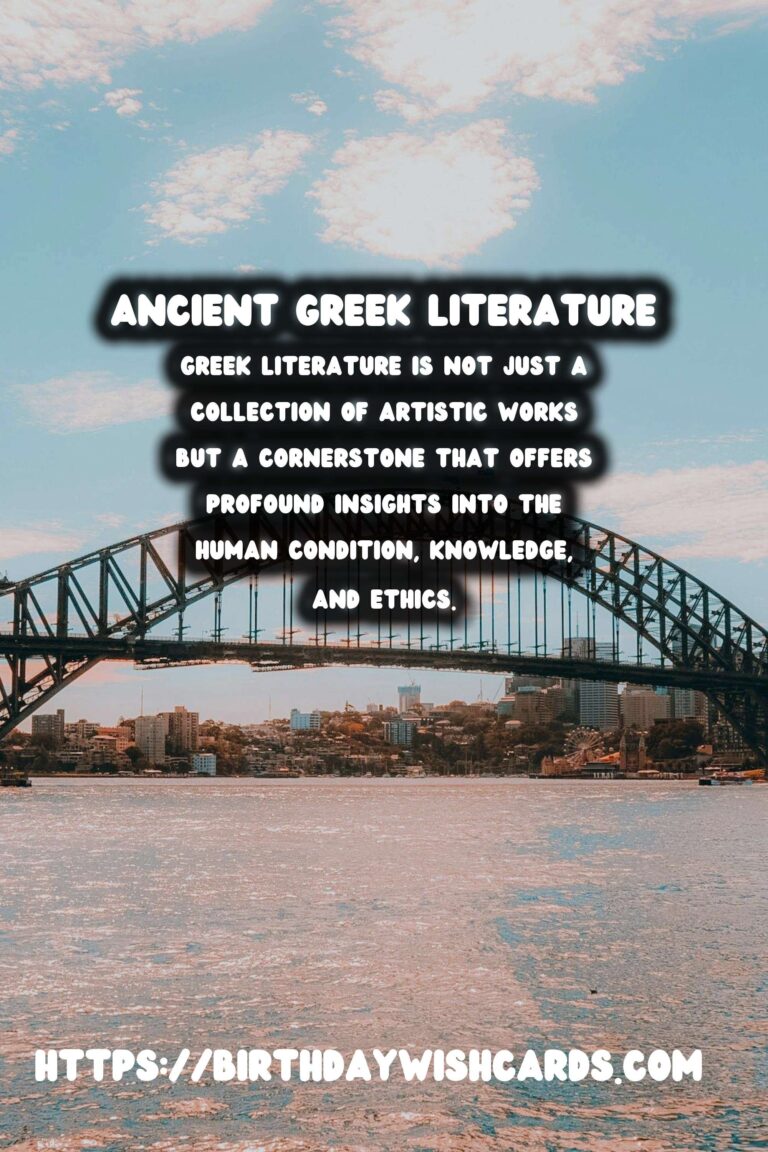
Ancient Greek literature has profoundly influenced Western civilization, shaping its foundation, inspiration, and evolution. Greek literature is not just a collection of artistic works but a cornerstone that offers profound insights into the human condition, knowledge, and ethics, reverberating through Western culture, history, and philosophy.
Historical Context and Importance
The classical texts of ancient Greece arose during a time of unparalleled intellectual and artistic advancement. This period is often called the cradle of Western civilization, where seminal works emerged, providing a framework for both literature and philosophy.
Among the key figures were Homer, whose epics, the ‘Iliad’ and the ‘Odyssey’, laid the groundwork for epic storytelling. These epics not only provided entertainment but also conveyed moral and ethical lessons that resonate with readers even today.
Philosophical Influence
The philosophical works of Greek thinkers like Plato and Aristotle continue to be significant pillars within Western thought. Their exploration of topics such as politics, ethics, metaphysics, and epistemology created a blueprint for understanding and questioning the human experience.
Plato’s dialogues explored ideals and the realm of forms, whereas Aristotle’s works focused on empirical observation and logic, thereby providing diverse pathways of thought that guided generations of Western intellectuals.
Mythology and Its Legacy
Greek mythology often serves as a conduit of cultural values and morality. Stories of gods, heroes, and mythical creatures provide timeless lessons applicable to humanity, influencing Western literature, from Shakespeare to modern cinema.
These myths not only explain natural phenomena but also the psychological and social underpinnings of human actions, reflecting broad aspects of human life.
Theater and Tragedy
Theater in ancient Greece was not just entertainment but a critical part of cultural education. Playwrights like Sophocles, Euripedes, and Aeschylus explored themes of fate, justice, and the human psyche, shaping the Western approach to theater and drama.
The structure and themes of Greek tragedies and comedies continue to influence modern storytelling, inspiring new works in literature and film.
Literary Devices and Techniques
Greek literature introduced numerous literary devices that enhanced narrative techniques and storytelling, such as foreshadowing, irony, and allegory. These elements have become fundamental in the crafting and interpretation of literature worldwide.
The ability of Greek authors to engage audiences emotionally and intellectually with these techniques underscores their enduring influence.
Conclusion
Ancient Greek literature has been a cornerstone of Western civilization, influencing the fields of literature, philosophy, and the arts. Its themes of morality, human experience, and knowledge continue to resonate, reflecting the timeless nature of these works.
By examining ancient Greek texts, modern societies gain insight into universal questions about existence, ethics, and the pursuit of knowledge. This literary heritage continues to inspire and shape Western thought, offering an invaluable legacy that bridges antiquity with contemporary life.
Ancient Greek literature has profoundly influenced Western civilization, shaping its foundation, inspiration, and evolution. Greek literature is not just a collection of artistic works but a cornerstone that offers profound insights into the human condition, knowledge, and ethics. 
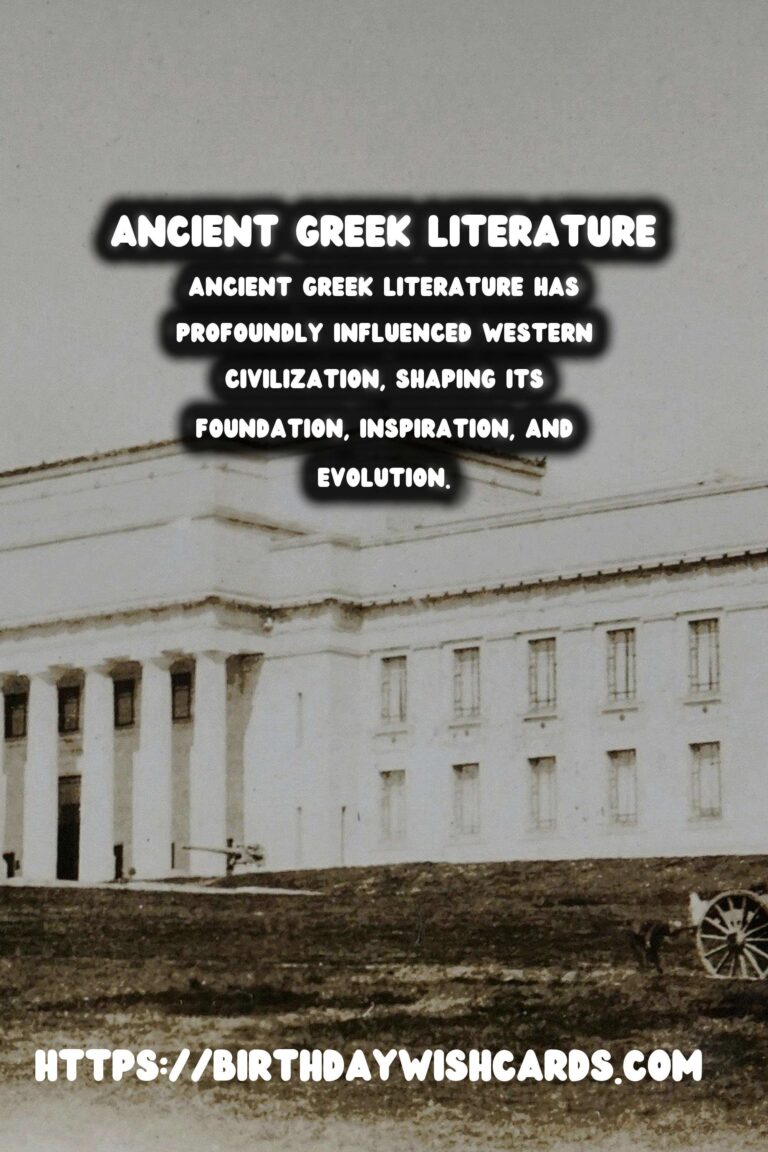
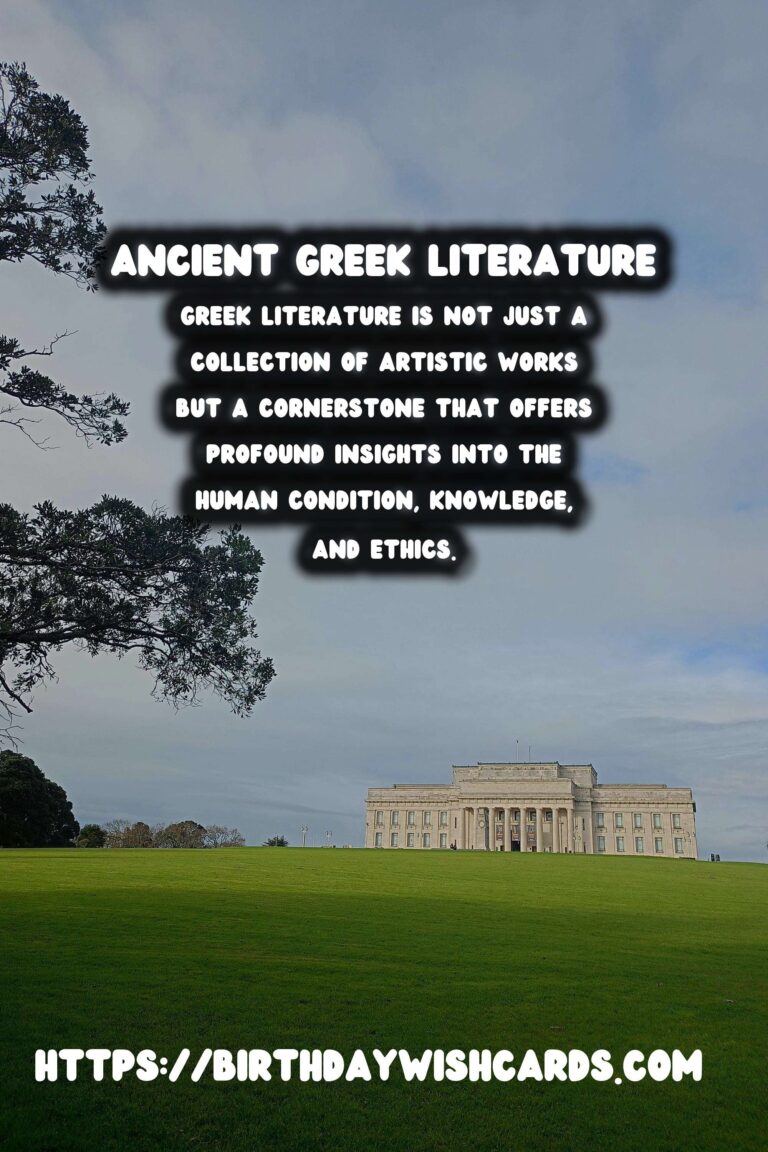
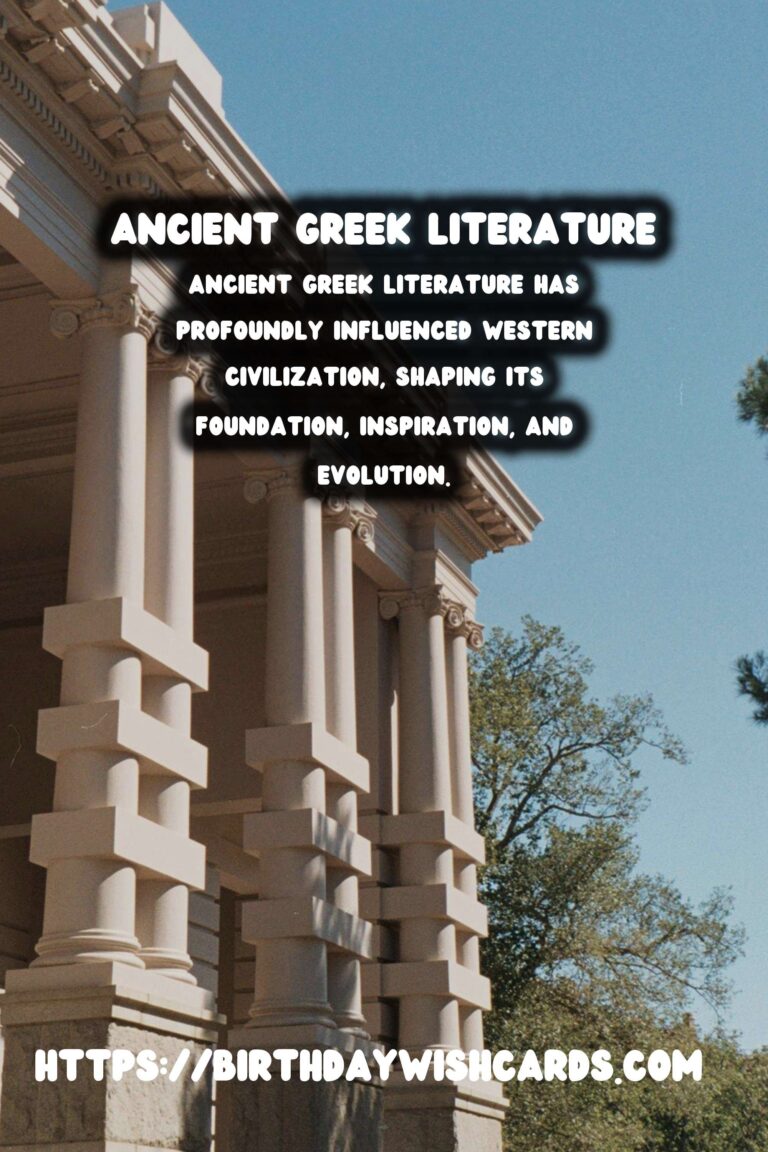
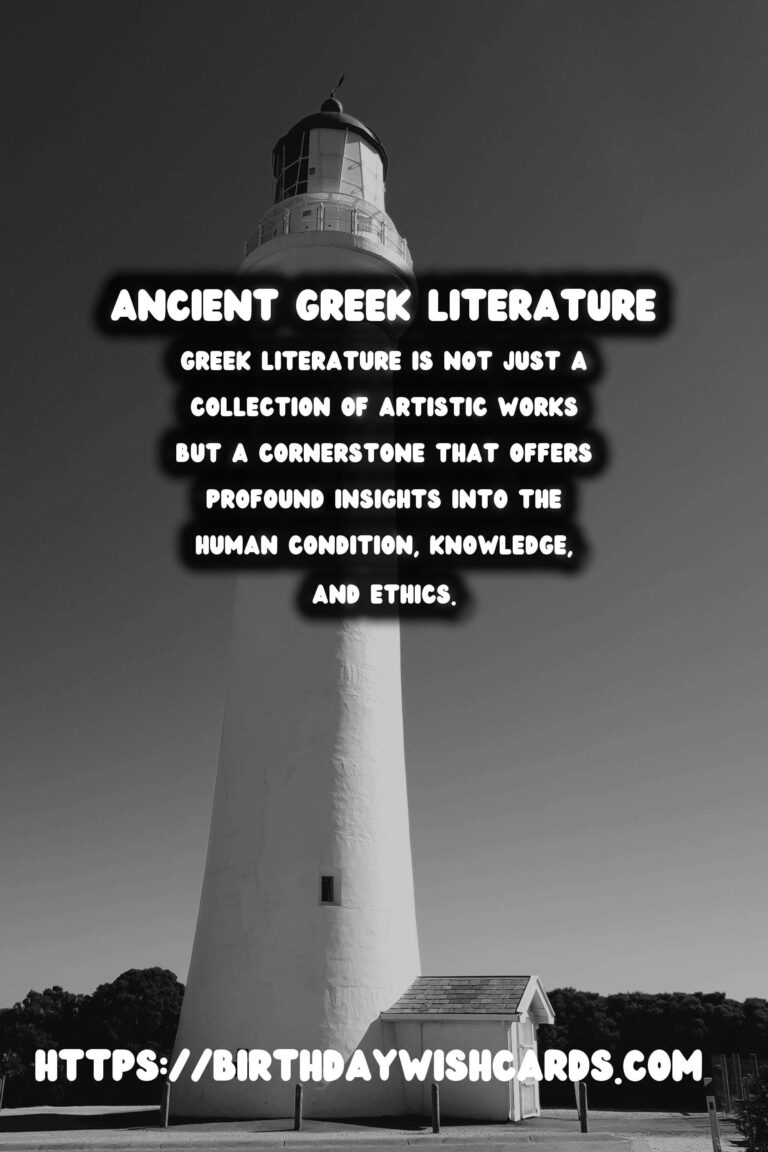
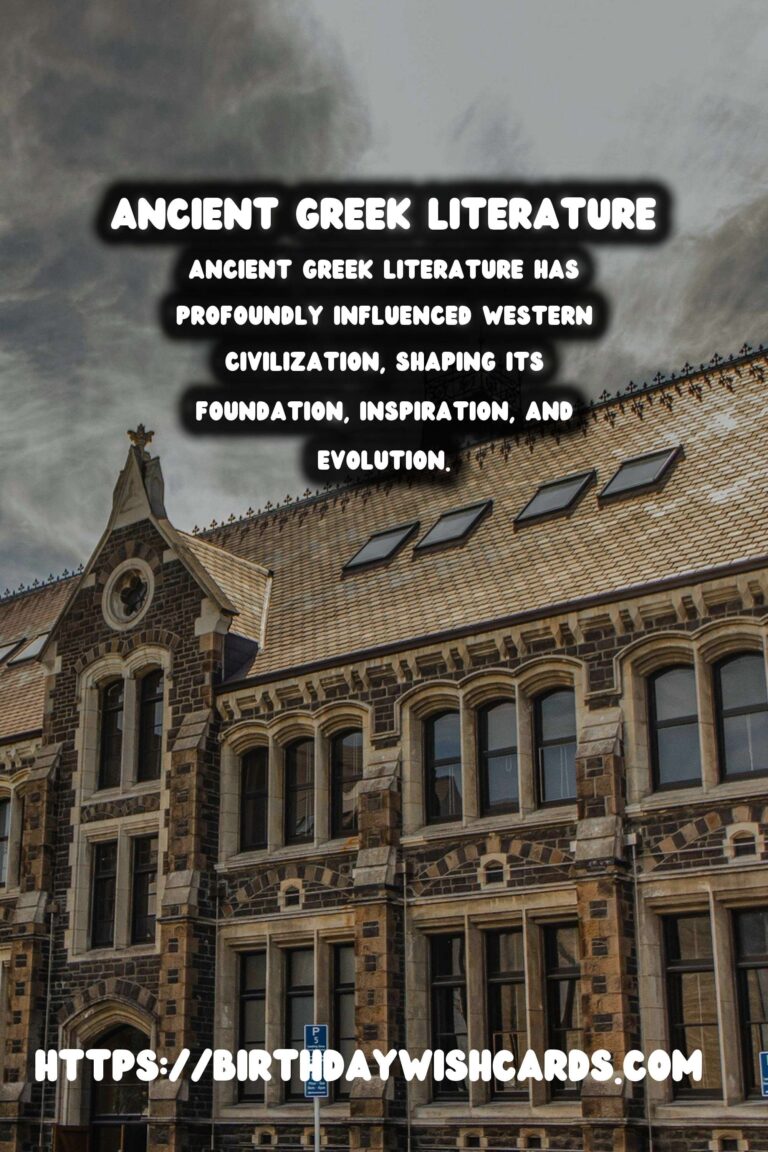
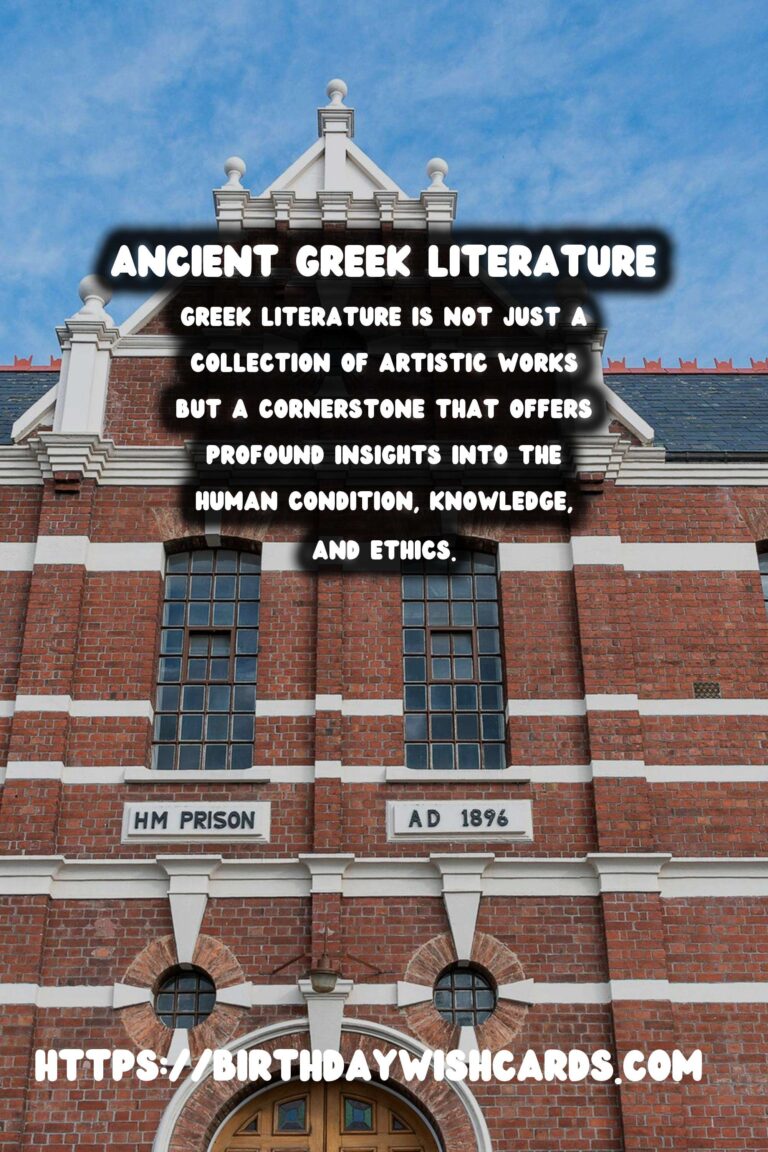
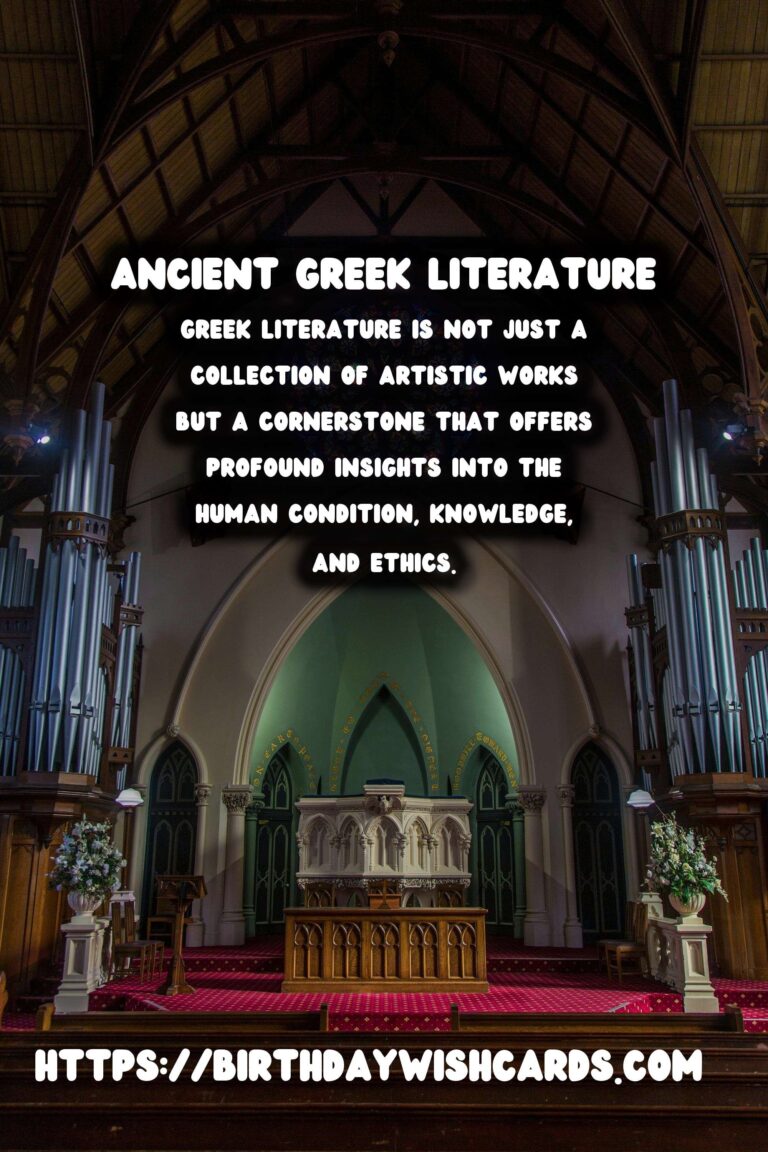
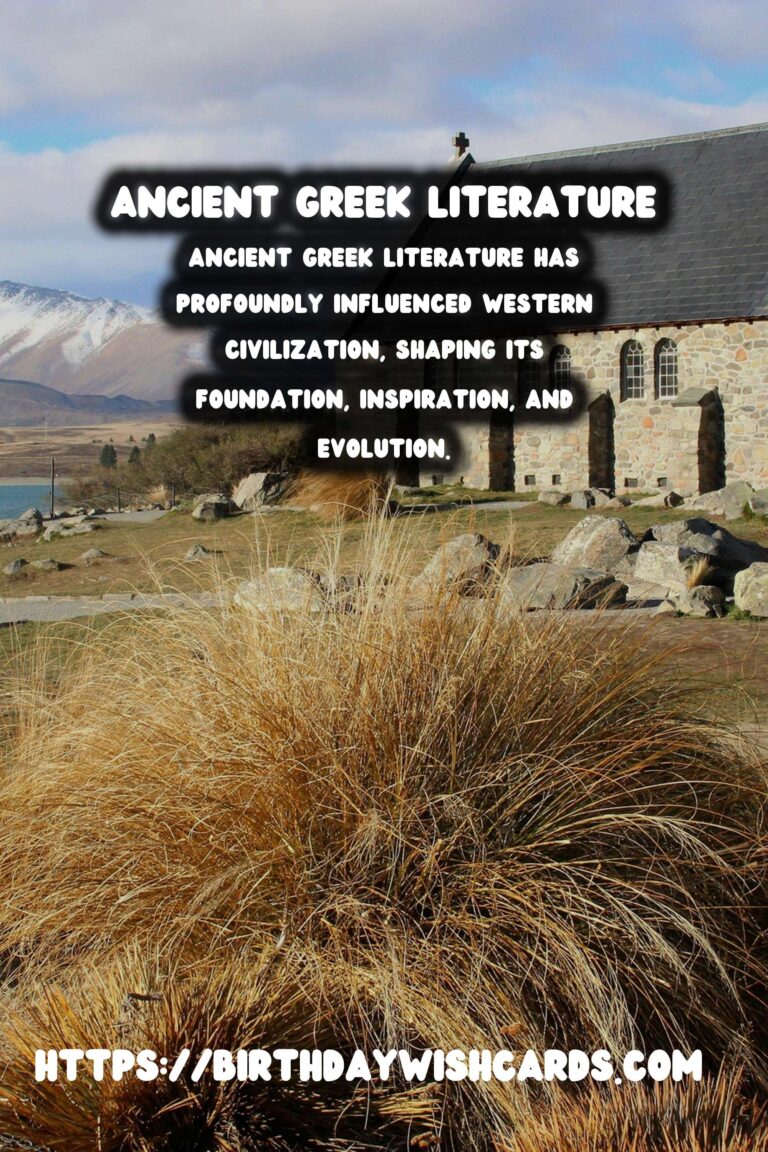
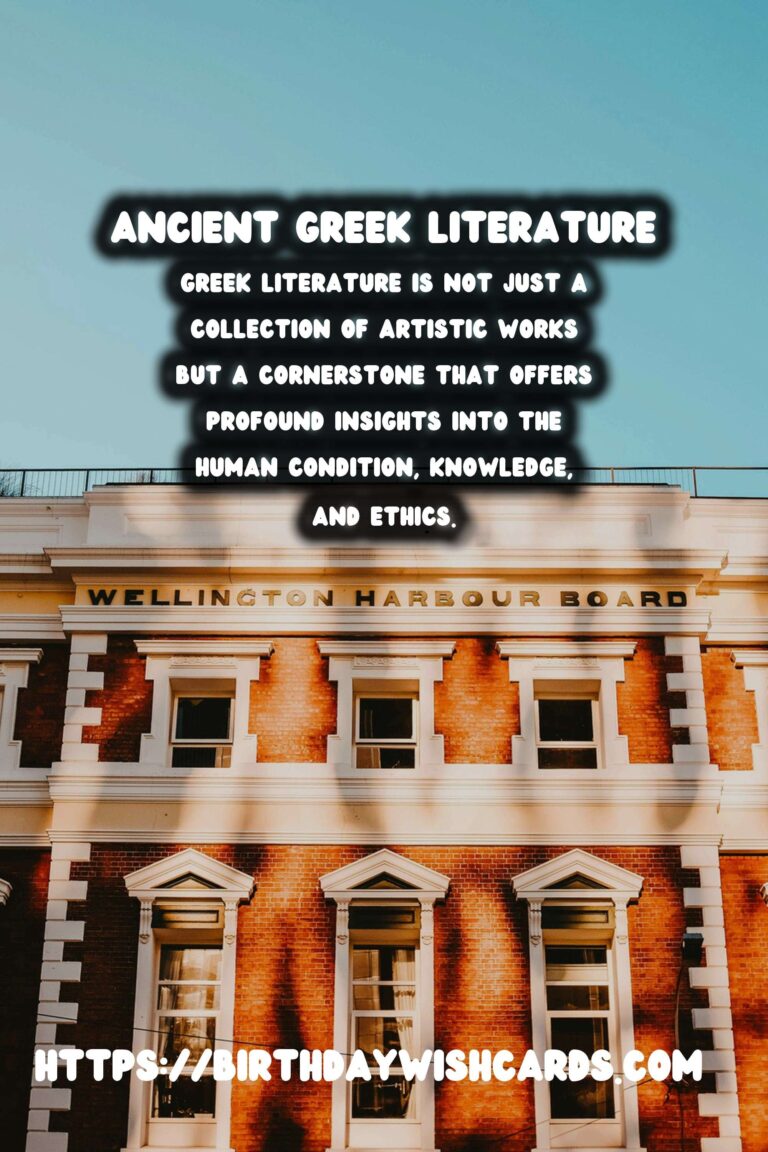
#GreekInfluence #WesternThought




